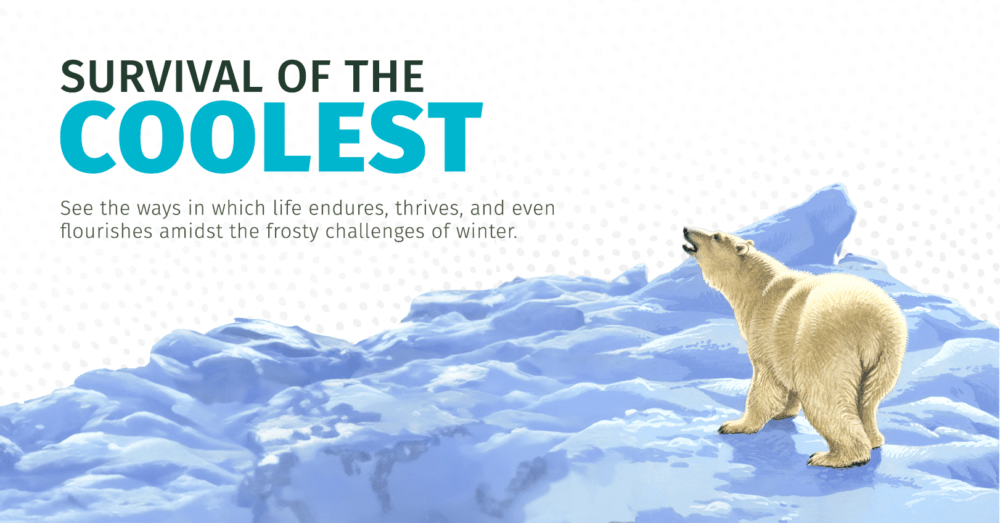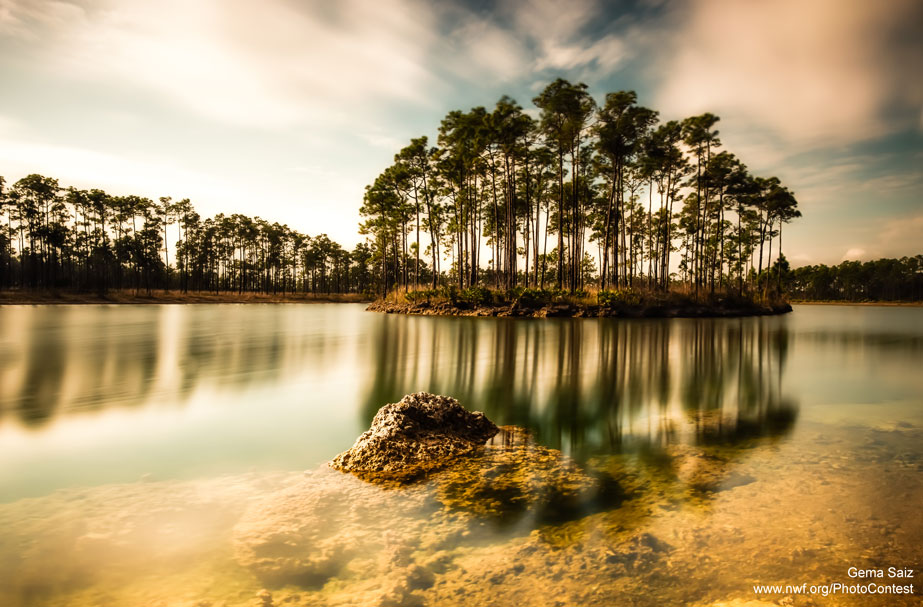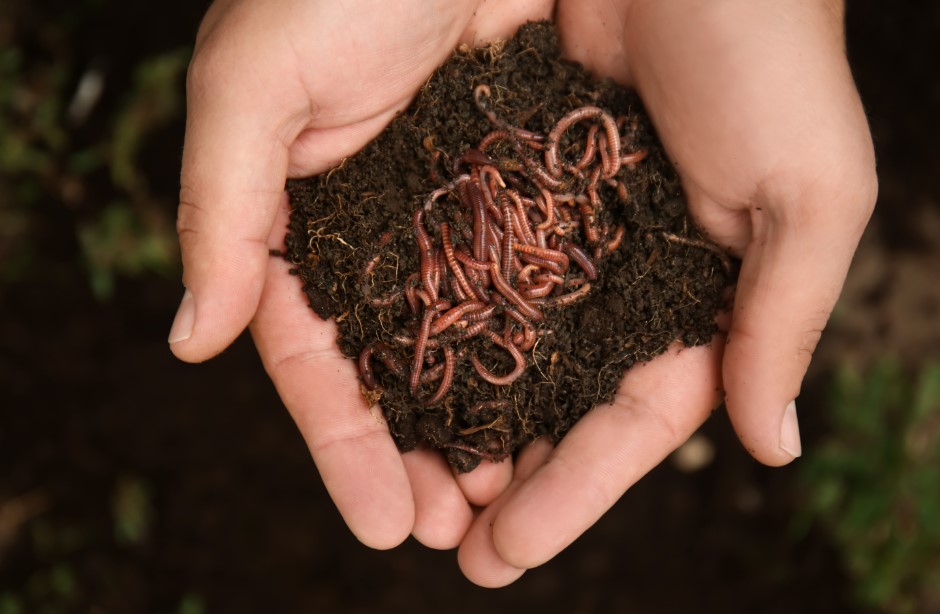We have much more to do and your continued support is needed now more than ever.
Insufferable Invasive Species
Species spread from summer travel leads to ecosystem disruption
Many visit the Pacific Northwest during the summer months for the desirable lakes and hikes, but this travel can bring unwanted critters and creatures into Washington’s environment, according to experts in invasive species.
Sneaky hitchhikers such as zebra mussels, a type of invasive species, stick to the bottoms of boats and can spread to a new water source where they can overtake the native species, says Maria Marlin, the community outreach and environmental education specialist on Washington’s Invasive Species Council.
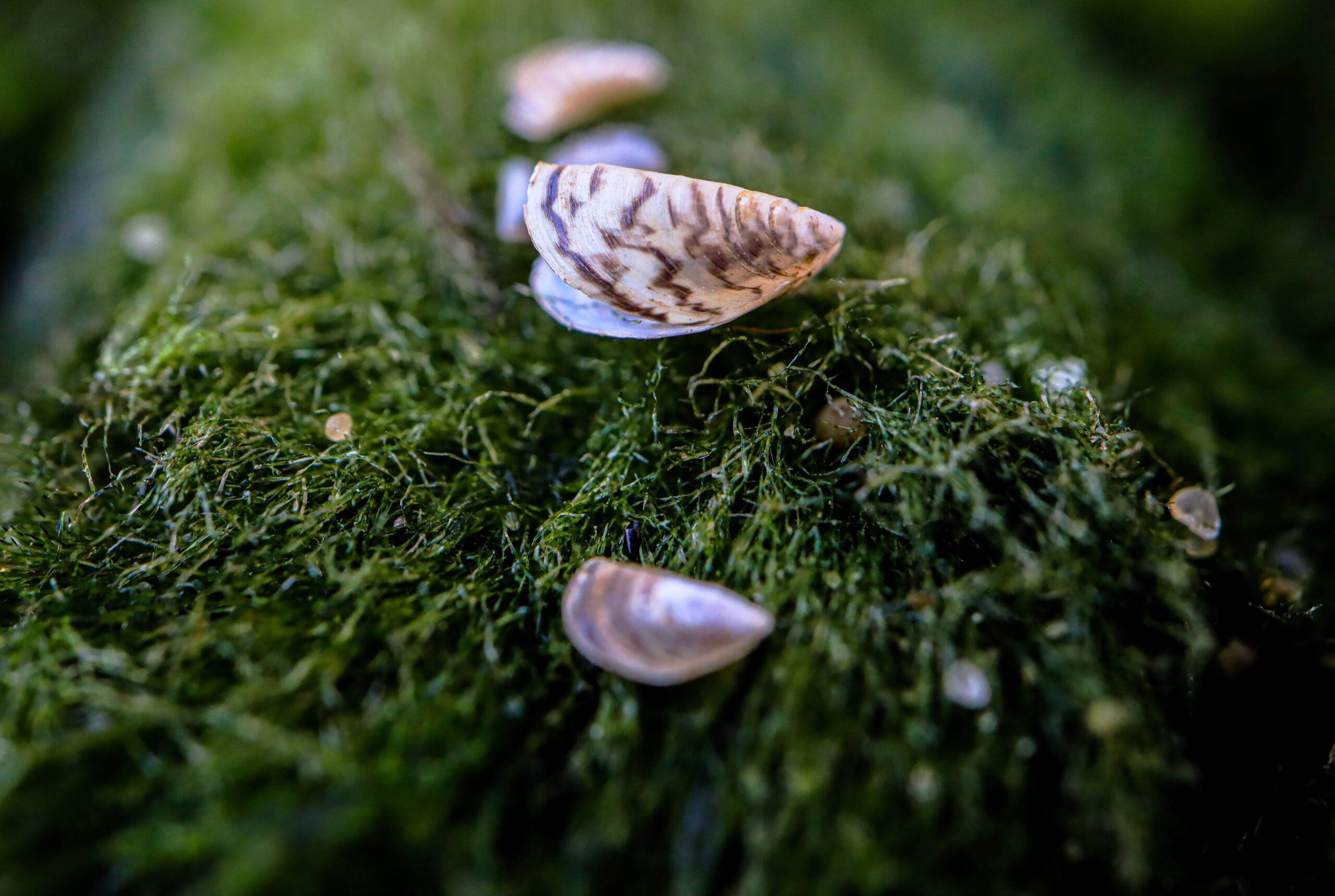
“Invasive species threaten the very core of Washington’s natural beauty – its biodiversity,” said Marlin.
They compete with native plants, animals, and insects for natural resources such as food or water and may cause native organisms to go extinct, according to Marlin.
Even trees and salmon, whose relationship may not be obvious at first glance, affect the ecosystem’s health.
“Let’s say an invasive wood-boring pest is introduced and all the trees among the streambed die, now there’s no shade anymore, leading to changes in water temperature and dissolved oxygen,” said Marlin.
The increased temperature and decreased oxygen in the water can not only directly make the water uninhabitable for salmon, but can impact their ability to find enough food and favor species more adapted to warmer waters that can outcompete them.
How we can help control invasive species
Allen Pleus, the aquatic invasive species coordinator at the Washington Department of Fish and Wildlife offers a solution.
“Whatever you have – from boots to boats – clean, drain, dry before entering a different body of water,” said Pleus.
Pleus is asking visitors to abide by state rules for watercraft checks and be a part of the prevention of these species spreading.
Without boat checks, species like zebra mussels filter all the nutrients out of the water. Visitors may think they’ve never seen the water so clean, but in reality these mussels are pulling out nutrients that other critters need, said Pleus.
Even the seemingly small act of dumping a fish tank into a local river can bring ruin to native species, according to Pleus. Even though it can seem humane to release the plant remnants of an aquarium into the wild, it can have cascading ecosystem consequences, such as bringing disease to native plants.
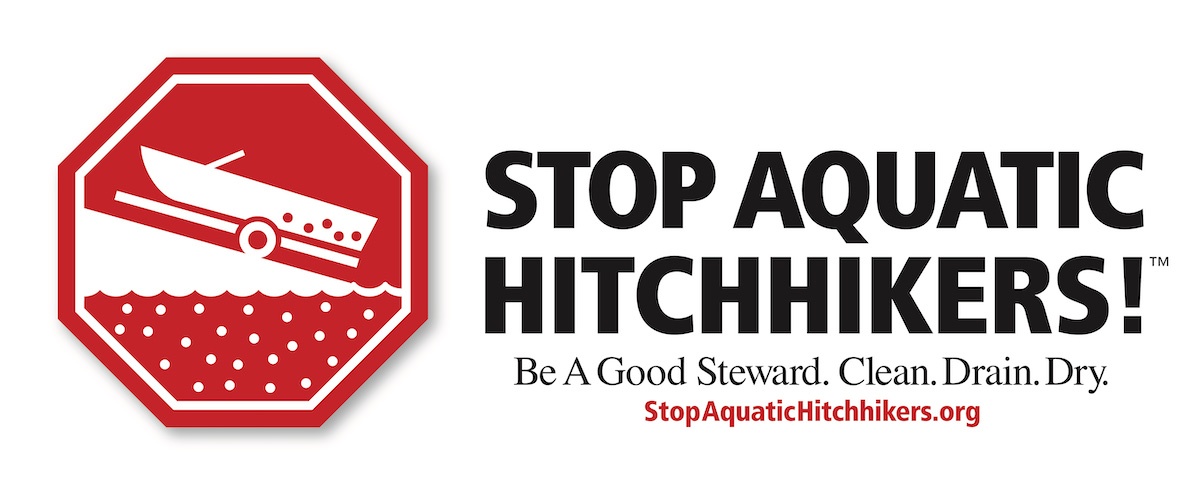
These species unfamiliar to Washington’s ecosystems can be disastrous and costly to remove.
“We have to recognize that invasive species are an epidemic,” said Steven Richmond, founder of Garden Cycles LLC and creator of the website Seed Rain, a site that informs people on invasive species. Without control, invasive species can be catastrophic, Richmond said.
Both governments and individuals have taken steps to prevent this from happening. Statewide emergency measures from government organizations make early detection a priority.
These steps have proved to be successful, such as with the European Green Crab in Washington state, according to Marlin.
“The Governor did declare an emergency, so that leads to funding for partners and state agencies to make more efforts to trap and remove these crabs,” said Marlin.
Part of this success was due to the Washington Invasive Species Council’s app, a place to report the sightings of invasive species. This notifies the council of where to locate these species.
“Early detection and rapid response is critical to preventing the establishment of invasive species when they show up in an ecosystem, and we need all hands on deck.”
Corina Newsome, Conservation Scientist with National Wildlife Federation
As the summer heat arrives in Seattle, the efforts for species removal ramp up, according to Marlin.
With careful monitoring of people’s movement this summer by different environmental organizations, there is a reduced chance of ecosystem disruption, said Marlin.
“The benefit is protecting Washington’s spectacular landscape, recreation, and natural resources,” said Marlin. “We owe it to ourselves and future generations.”
Elizabeth Williams is a student at University of Washington.


















